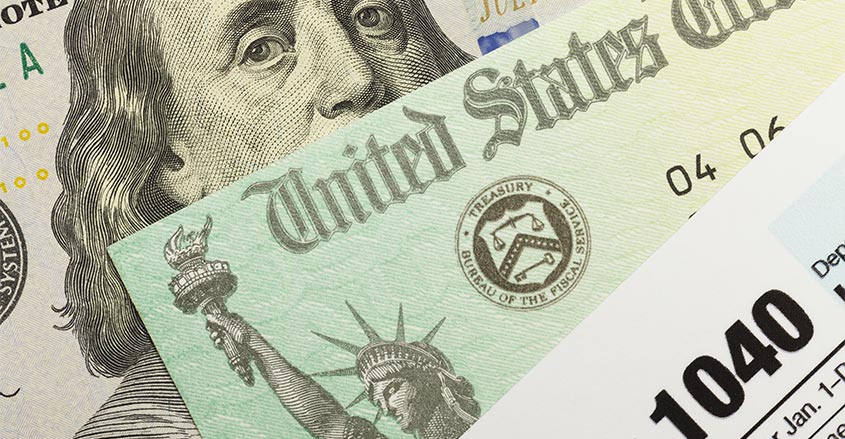In today’s world, your true financial worth may be measured in how little you pay in taxes.
That’s because income inequality is at its highest levels since the Great Depression. In 2016, the top 1% of wealthy families and individuals owned over 40% of all wealth. The bottom 50% shared the rest collectively.
This disparity becomes a lot starker when you examine how much people pay in taxes according to income.
The United States will collect an estimated $7.13 trillion in federal, state, and local taxes in 2020. In 2016, more than $5.3 trillion was collected.
According to a new 232-page in-depth tax study, billionaires paid a lower tax-rate than working-class people in 2018. This has never happened before.
How much do rich people pay?
“The Triumph of Injustice” is a study on tax burden inequality written Emmanuel Saez and Gabriel Zucman. Both are noted economic experts and professors at the University of California at Berkeley.
Saez and Zucman compared the 2018 tax information of the 400 wealthiest families against that of working-class Americans.
In 2018, rich people paid a 23% tax rate while working-class people paid between 24.2% to 28%.
To put this in perspective, consider that the average American makes about $62,000. Meanwhile, the average billionaire was worth $4.1 billion in 2018.
The tax rate for wealthy people has steadily decreased over the past 60 years. In 1960, the 1% paid a 56% tax rate. It fell to about 47% in 1980.
The tax rate for working class people hasn’t changed appreciably within the same time span.
Critics fire back
Critics of Saez and Zucman’s study, such as Howard Gleckman at the Tax Policy Center, believe the economists used arbitrary and self-serving data to justify their study.
For one thing, the 2017 Tax Cuts and Jobs Act radically changed how corporations and individuals receive tax credits.
The study may not be fully representative because of incomplete data. Gleckman also questions where the economists got the tax data of the wealthy for their study.
According to Gleckman, the impact of tax credit benefits such as the earned income tax credit and the child tax credit weren’t factored into Saez and Zucman’s calculations.


